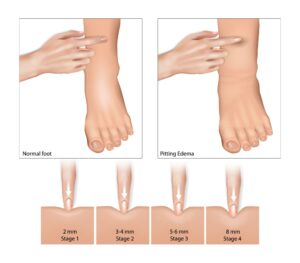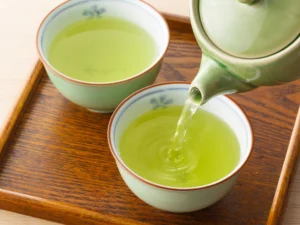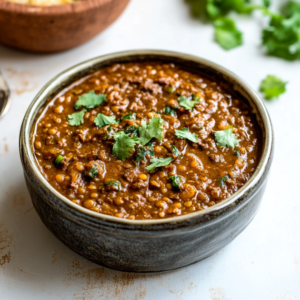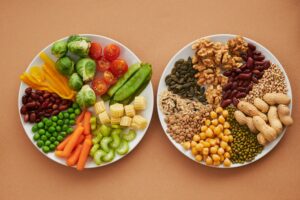
Salt and Water Retention: Why Your Weight Jumps Overnight and What to Do
If you woke up heavier than yesterday, you are not alone and you are not “failing”. Salt and Water Retention: Why Your Weight Jumps Overnight (and What to Do) is one of the most common weight-loss frustrations, and it can feel confusing because the scale changes so fast. Salt and Water Retention: Why Your Weight Jumps Overnight (and What to Do) comes down to one simple truth: most overnight jumps are water weight, not fat.









